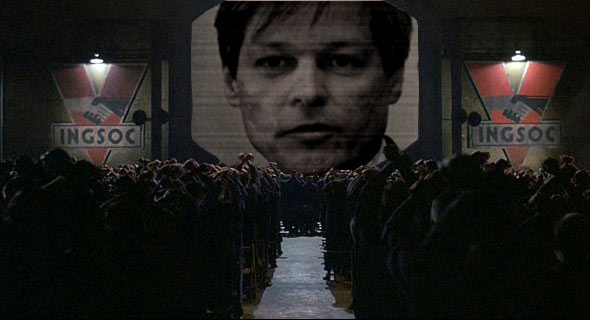Today and tomorrow, DG Agriculture is organising a tightly controlled, invitation-only ‘public conference’ on the future of the CAP. As someone who has previously expressed mildly dissenting opinions I’ve not been invited. It’s probably a small mercy as life is really too short to spend two days listening to an assorted crowd of farm union officials, docile civil servants and tame academics parrot the DG Agriculture mantra: ‘we need to preserve the current CAP and its budget to… protect the environment / avert mass starvation / keep farmers from committing suicide (delete as appropriate)’.
There are a few people on the speakers list who might be expected to take issue with DG Agriculture’s infamous doublethink but in a crafty move they have mostly been appointed as session chairs or rapporteurs.… Read the rest

